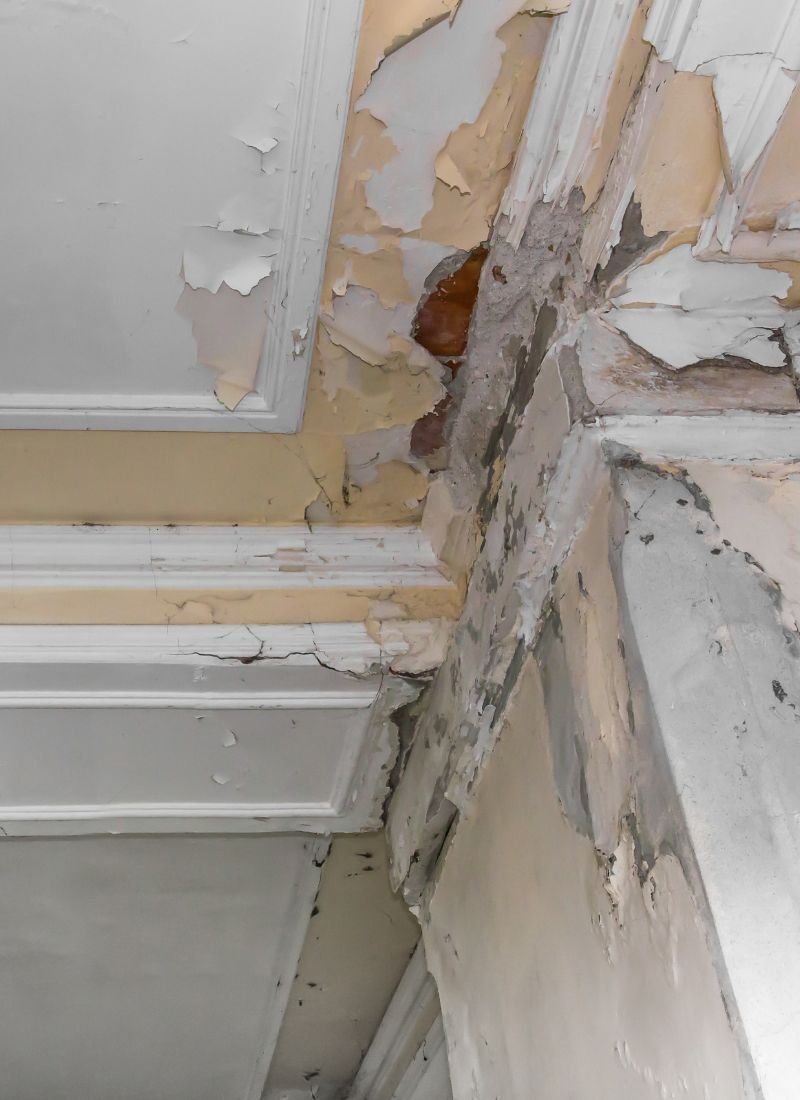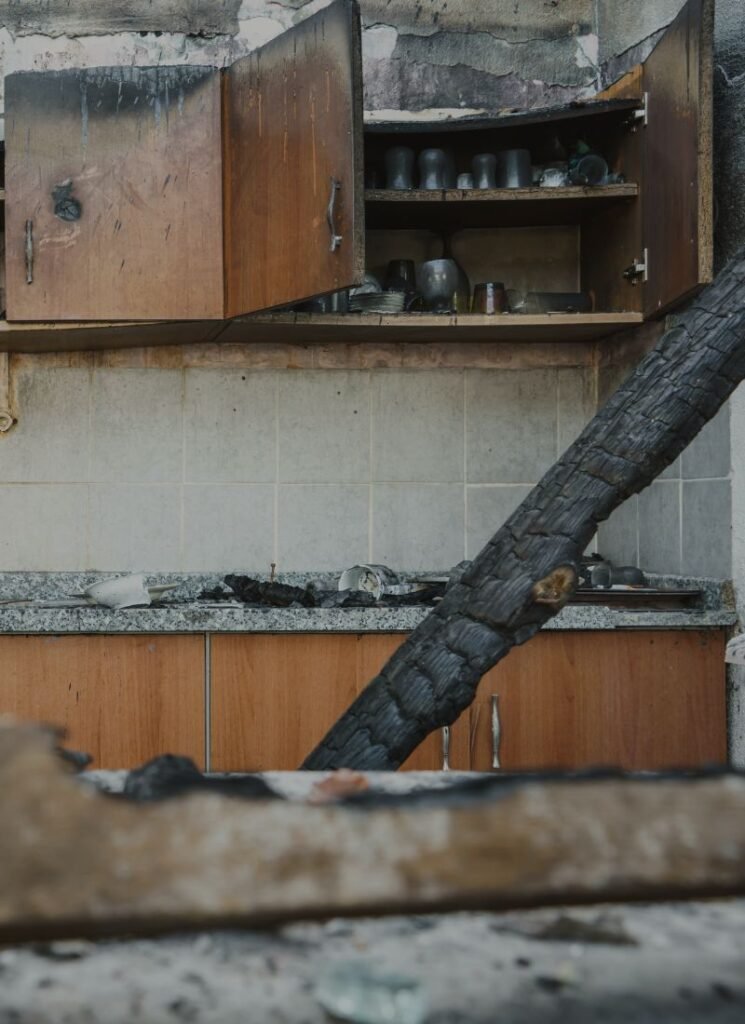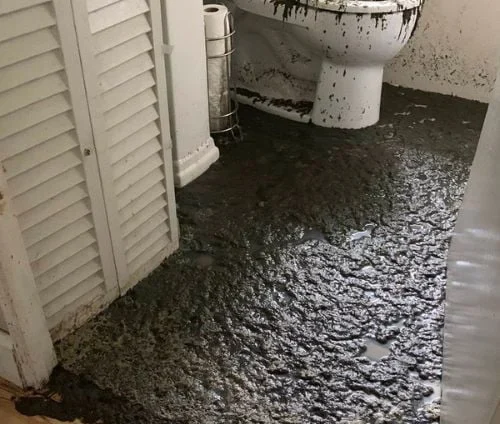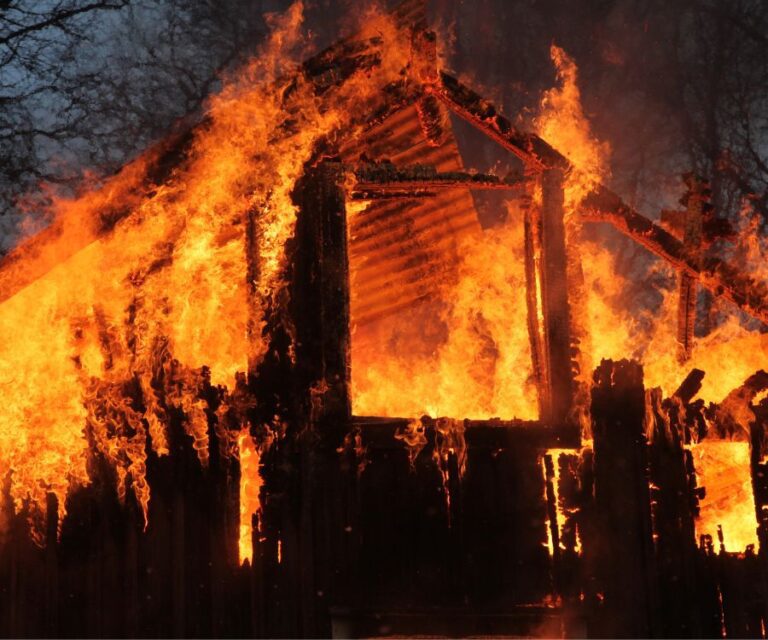Homeowner’s insurance is a form of property insurance designed to protect an individual’s home and its contents against potential damages or losses. For homeowners in bustling cities like Los Angeles, where risks can range from natural disasters to theft, this insurance offers a safeguard for their significant investments. Essentially, it acts as a financial safety net, covering the costs related to damages and preventing homeowners from bearing the brunt of the expenses. When homeowners opt for services such as water damage and restoration, commercial water damage restoration, or even emergency water extraction, having a comprehensive homeowner’s insurance policy becomes crucial.
“In the unpredictable journey of life, it’s wiser to be insured, safeguarding your present and securing your future against the uncertainties that may arise.”
—— Unknown
Water Damage and Restoration: Navigating Homeowner’s Insurance
It was a Thursday evening when Sarah returned home from a long day at work, only to find her living room submerged under an inch of water. The culprit? A burst pipe hidden behind the walls. Panic surged as she looked at her cherished hardwood floors and the soaked furnishings. The stress of the immediate disaster was quickly compounded by a looming question, “Will my homeowner’s insurance cover the repairs and restoration?” For many homeowners in Los Angeles and beyond, water-related mishaps can be both unexpected and expensive. Water extraction becomes an immediate requirement, and the journey to restoration begins. As essential as it is to act swiftly and search for 24-hour water damage restoration or emergency water extraction services, understanding how homeowner’s insurance plays a role is equally vital. With many Los Angeles residents relying on services advertised as the best water damage restoration near me or seeking specific solutions like flood damage cleanup near me, clarity about insurance coverage can ease the restoration journey. In this guide, we’ll illuminate the intertwined path of water damage and restoration in Los Angeles with homeowner’s insurance, ensuring that whether it’s an emergency water situation or subsequent challenges like odor removal from carpet, you’re well-prepared.
What Does Homeowner’s Insurance Cover?
The coverage offered by homeowner’s insurance varies based on the policy’s specifics and the insurance provider. However, most standard policies cover the following:
- Dwelling Protection: This core aspect covers the repair or rebuilding costs if your home sustains damage from specific perils, such as fire, hail, or vandalism.
- Personal Property Protection: If personal items like furniture, clothing, or electronics are damaged or stolen, this portion of the policy can cover their replacement or repair.
- Liability Protection: Should someone be injured on your property or you cause damage to someone else’s property, liability protection can cover the legal costs and potential settlements.
- Additional Living Expenses (ALE): If your home becomes uninhabitable due to a covered risk, ALE can cover the costs of living elsewhere temporarily, such as hotel bills or restaurant meals.
- Coverage for Other Structures: This includes detached garages, sheds, or fences on your property.
When seeking restoration services, especially for situations like water damage restoration in Los Angeles or 24-hour water damage restoration, it’s essential to consult with your insurance agent. Understanding your policy’s specifics will ensure you’re aware of which water extraction services or odor removal from carpet procedures are covered, and under what circumstances.
Remember, while homeowner’s insurance provides vast coverage, it doesn’t necessarily cover everything. Natural disasters such as earthquakes or floods may require separate policies. Regular wear and tear or neglect are also typically not covered. Hence, always review your policy documents and speak with your insurance representative to clarify any ambiguities.
Water Damage and Insurance: What You Need to Know
Whats Covered
Bursting of Pipes
One of the most common reasons homeowners seek water damage and restoration is due to the bursting of pipes. This could arise from sudden ruptures in your home’s plumbing system or a malfunctioning washing machine that leads to unexpected flooding. Most standard homeowner’s insurance policies cover such incidents, ensuring homeowners in Los Angeles and beyond are not left grappling with extensive out-of-pocket expenses.
Vandalism
While it’s unsettling to think about, vandalism can be a real issue. If an individual intentionally floods your property or damages your plumbing system leading to water damage, your homeowner’s insurance typically steps in to cover the repair and restoration costs. This is particularly helpful for those who may be away from home and return to find unexpected damage.
Storm-related Water Damage
Mother Nature can sometimes be unpredictable. If a storm causes a tree branch to shatter a window, allowing rain to pour into your home, your insurance will likely cover the water damage. This includes damages to carpets, electronics, furniture, and other contents, as well as services for water extraction near me to mitigate further damage.
Exclusions
Flooding
It’s crucial to understand the distinction between water damage from internal sources, like bursting pipes, and external flooding caused by heavy rainfall, river overflows, or similar natural events. Standard homeowner’s insurance does not cover external flooding. For such coverage, homeowners need to procure a separate flood insurance policy, especially if they reside in a flood-prone area.
Negligence
Insurance policies are designed to cover unexpected and sudden damages. If water damage occurs due to avoidable situations, like failing to repair a known leak, your insurance claim might be denied. Regular maintenance and timely repairs are essential to ensure coverage.
Backup
Another common exclusion in many homeowner’s insurance policies is damage resulting from backups in sewers or drains. Such occurrences can cause significant damage, but coverage needs to be purchased additionally or specified in the policy.
Insurance vs. Insurance: Understanding the Nuances
The world of insurance can sometimes be complex, with varied coverages offered by different companies. While one company’s policy might include odor removal from carpet after water damage, another might exclude it. Some might offer more comprehensive coverage for water damage restoration in Los Angeles, while others could have stricter limits. It’s essential to thoroughly review and understand the terms and inclusions of your policy and compare them with other offerings in the market. Knowing the specifics helps homeowners make informed decisions and ensures they aren’t caught off guard when damages occur.
In conclusion, being proactive and knowledgeable about your homeowner’s insurance policy’s nuances is paramount. It not only gives you peace of mind but also ensures that, should disaster strike, you’re well-covered and prepared.
Claim Process: Navigating Water Damage Restoration with Your Insurance
Immediate Steps
Act Promptly and Safely: As soon as you notice water damage, prioritize safety. Turn off electricity in the affected areas to prevent any electrical hazards. If the source of the water is evident and accessible, like a burst pipe, try to shut off the water source or call for professional help.
Contact Your Insurance Provider: Reach out to your insurance company to inform them about the damage. This initial call can help you understand your coverage and any specific steps the company wants you to take. Many insurance providers have 24-hour helplines to assist with emergencies.
Seek Professional Assistance: Even if the damage seems minimal, it’s wise to contact a professional water damage and restoration company. They can assess the situation, prevent further damage, and start the restoration process, ensuring the damage doesn’t escalate.
Documentation:
Photographic Evidence: Before any cleanup begins, take clear photographs of all damaged areas. This includes damaged furniture, walls, flooring, and any standing water. These photos will serve as evidence when filing your claim.
Maintain a Record: Keep a log of all actions taken, from the moment you noticed the damage to all communications with your insurance company and the restoration professionals.
Retain Receipts: Any expenses related to the water damage, from buying fans to dry out the area to hiring professionals for water extraction services, should be documented. Keep all receipts as they will be crucial when making your insurance claim.
Filing the Claim:
Initiate the Process: To start the claims process, contact your insurance company’s claims department. While you would have already informed them about the damage, formally filing a claim initiates the compensation process.
Provide Necessary Information: Your insurance company will require details about the extent of the damage, possibly wanting to see the photographs and receipts you’ve collected. They might also request a detailed account of the event leading to the damage.



Tips to Ensure Adequate Coverage
Regularly Review Your Policy:
Your insurance policy isn’t a one-time document; it should evolve as your circumstances change. Regularly review your policy to ensure it aligns with the current value of your possessions, especially after major purchases or renovations. Keeping your policy updated ensures you’re not underinsured or paying for coverage you no longer need.
Consider Additional Coverage:
Not all potential risks are covered by standard renters’ insurance policies. For instance, if you live in a flood-prone area, your regular insurance might not cover flood damage. In such cases, it’s wise to consider purchasing additional flood insurance or other specific coverages. Consult with your insurance agent to discuss potential risks in your area and how you can protect yourself.
Immediate Reporting:
In the unfortunate event of water damage or any other mishap, it’s crucial to report the incident to your insurance company immediately. Delaying this step can complicate the claim process and, in some cases, even result in claim denial. Quick reporting not only facilitates a smoother claim process but also speeds up the water damage and restoration process.
Understanding the intricacies of your renters’ insurance policy is not just about fulfilling a landlord’s requirement. It’s about safeguarding your peace of mind. By familiarizing yourself with what your policy covers, its exclusions, and ensuring you have adequate coverage, you protect yourself from unexpected financial setbacks. In the world of uncertainties, especially when it involves potential water damage and the subsequent restoration costs, being adequately insured provides an invaluable peace of mind.





